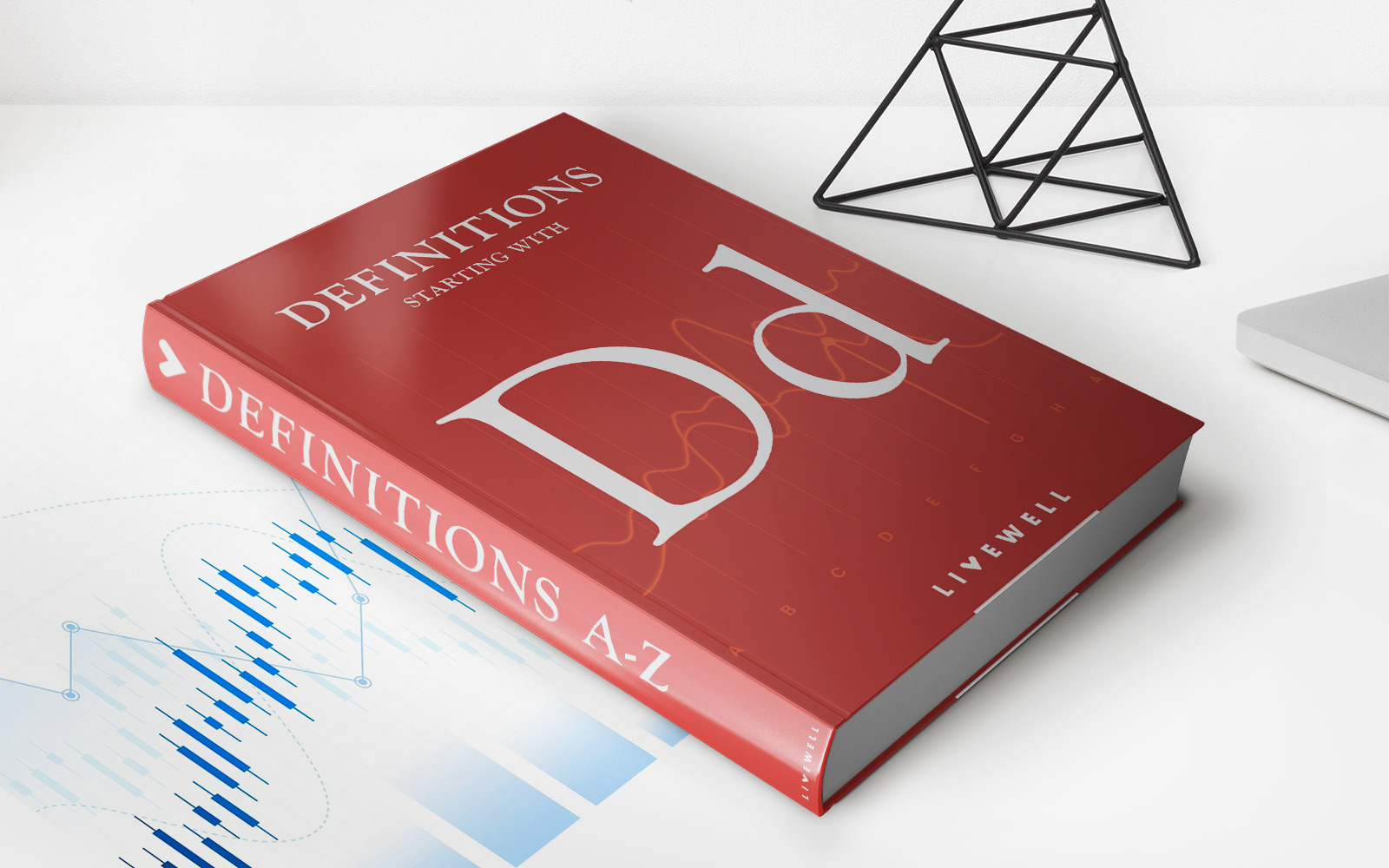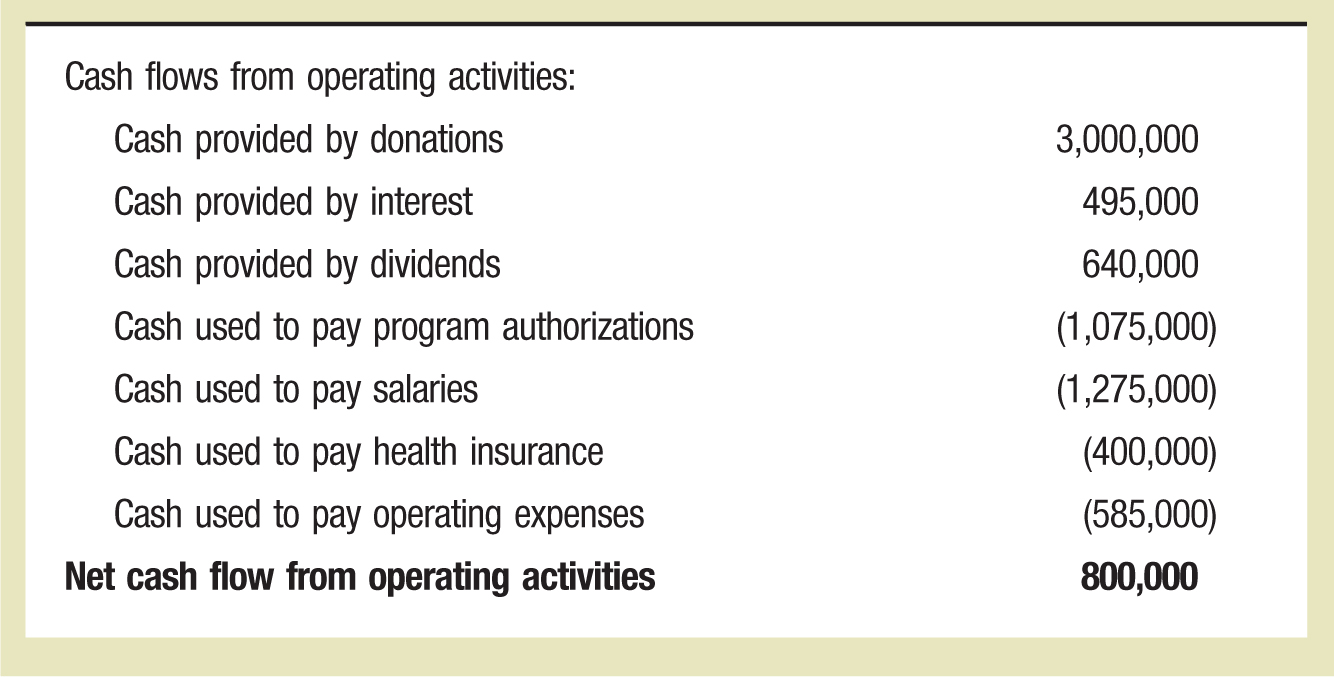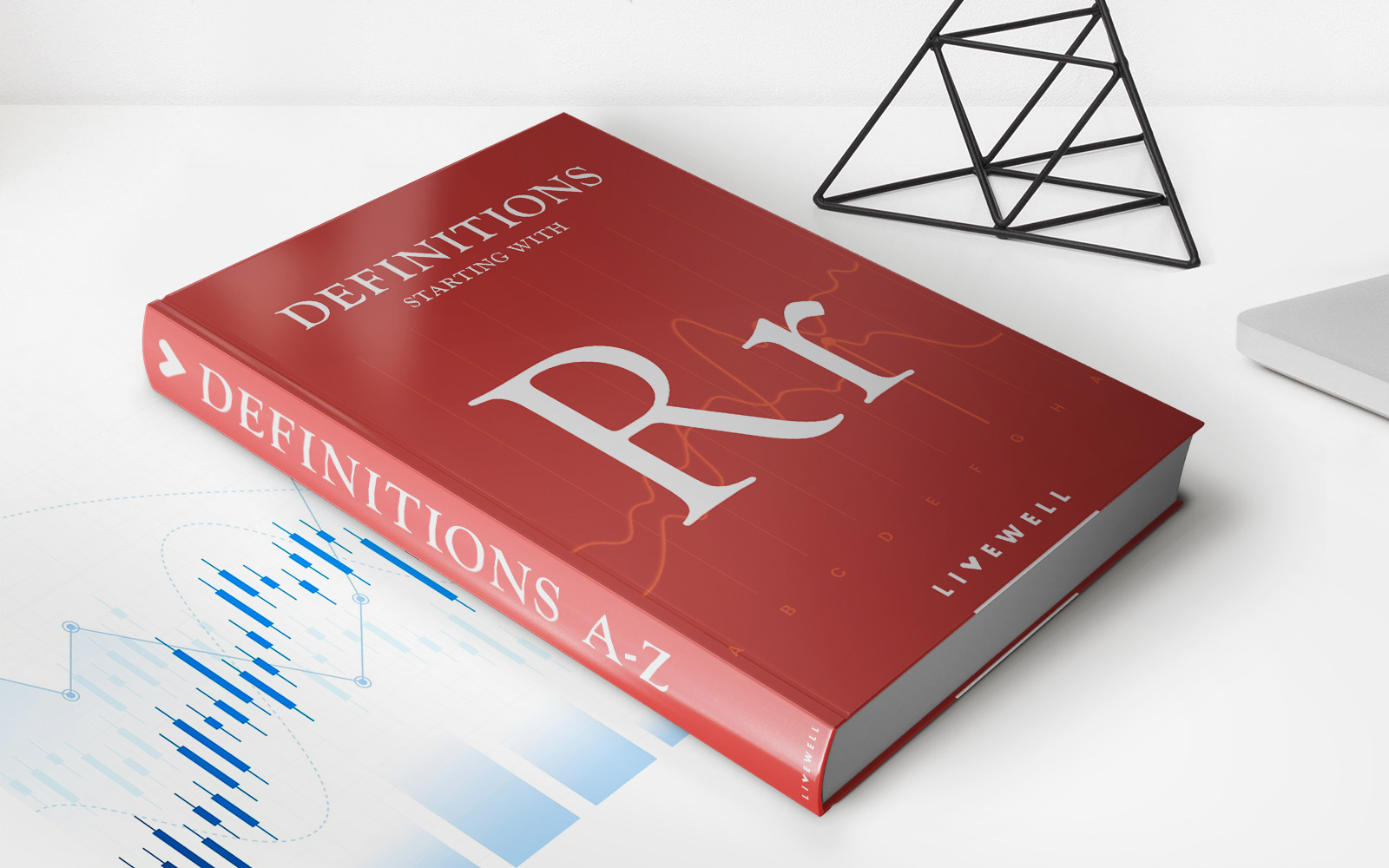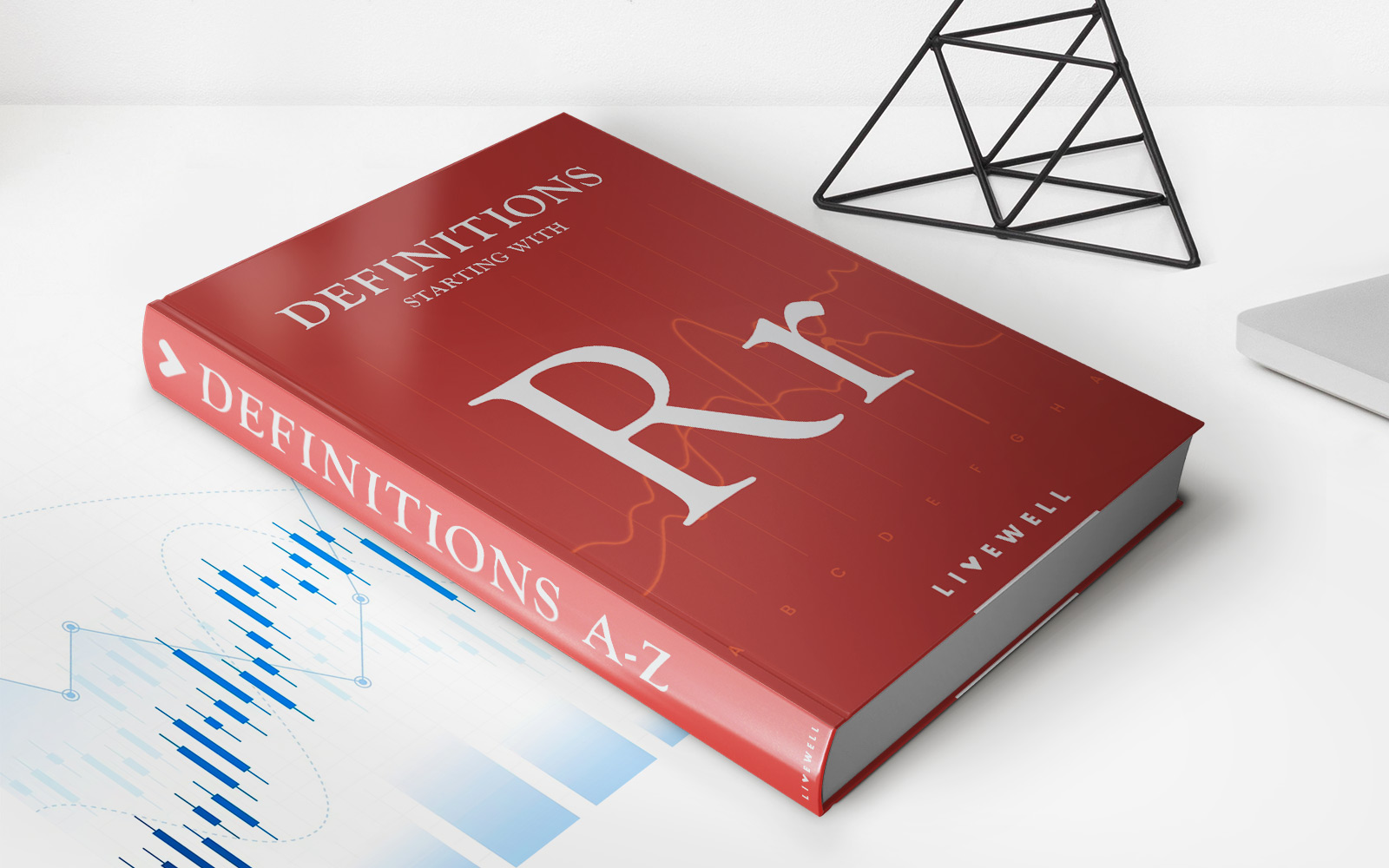

Finance
Indirect Bidder Definition
Published: December 8, 2023
Discover the meaning of indirect bidder in finance and how it impacts bidding processes. Enhance your financial knowledge with our comprehensive definition.
(Many of the links in this article redirect to a specific reviewed product. Your purchase of these products through affiliate links helps to generate commission for LiveWell, at no extra cost. Learn more)
Understanding Indirect Bidder Definition: Everything You Need to Know
Welcome to our Finance blog series, where we delve into various financial terms and concepts. Today, we’re going to explore the intriguing world of the Indirect Bidder Definition. If you’ve ever wondered what an indirect bidder is in the financial realm, you’ve come to the right place. We’ll break it down for you in this article, providing a clear understanding of this essential finance concept.
Key Takeaways:
- Indirect bidders are entities who participate in Treasury securities auctions through intermediaries.
- Understanding the role of indirect bidders is crucial for comprehending the dynamics of the bond market.
So, what exactly is an indirect bidder? In essence, an indirect bidder refers to an entity or individual who participates in Treasury securities auctions indirectly through intermediaries such as banks, mutual funds, and investment firms. These intermediaries act as a bridge, placing bids on behalf of their clients in the Treasury auction.
Why do indirect bidders choose to participate through intermediaries? There could be various reasons, including:
- Preference for anonymity: Some investors prefer to remain anonymous during the bidding process, and participating indirectly allows them to do so.
- Expertise and convenience: Indirect bidders may opt to leverage the expertise and convenience provided by the intermediaries.
- Access to larger investment opportunities: Participating through intermediaries may provide indirect bidders with access to larger investment opportunities that they may not have on their own.
Indirect bidders play a crucial role in Treasury securities auctions, bringing liquidity to the bond market. They help ensure that the auction process is competitive and efficient. By participating indirectly, these entities contribute to the overall stability and functionality of the financial system.
It’s essential to understand the dynamics of indirect bidders in the bond market, as it can have implications for bond prices, interest rates, and overall market conditions. Monitoring the behavior and preferences of indirect bidders allows financial analysts and policymakers to gain insights into the market’s current and future state.
In Conclusion
Indirect bidders are entities who participate in Treasury securities auctions through intermediaries. Their role in the bond market is crucial as they bring liquidity, stability, and efficiency to the auction process. Understanding the dynamics of indirect bidders is essential for anyone interested in comprehending the bond market and its influence on the broader financial landscape. By participating indirectly, investors can benefit from anonymity, expertise, convenience, and access to larger investment opportunities. So next time you come across the term “indirect bidder,” you’ll have a clear understanding of what it means and the role it plays in the financial world.














